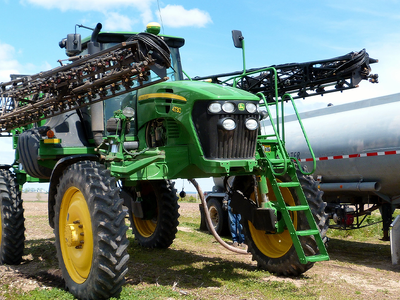Cattle Implants: Do They Pay?
With California Ag Today, I am Haylie Shipp. This is the Ag Information Network.Today we are rounding out a three-part discussion on how to get cattle buyers to pay more for your calves. It’s all going back to Superior Livestock Auction data gone through by Kansas State University and Merck Animal Health.
Today, do implants pay? Dr. John Hutcheson, director of cattle technical services at Merck…
“First of all, it pays because it gives about 23 pounds, which in today's cattle markets, is almost 60 bucks. But the bigger thing that we hear a lot about, it's kind of a myth. Buyers do not discriminate between calves that are implanted or not implanted. In other words, when we put a badge on an animal that says it's implanted or that's not implanted in that sale, so people can see those cattle and what's been done to them, they don't pay any more money, or any less money for those that have been implanted or not implanted. And I think part of it is some people ask me why that is. There’s more weight, they’re more muscular, and they have a little more frame to them, and so they’re leaner. They’re not as fleshy, and so those buyers recognize the quality of those calves.”
To get all of the insight he’s offered this week, going back go horns, genetics, and preconditioning programs, head to AgInfo.NET.
To find out more details from the Superior Livestock Auction dataset, visit cattlefriendlyvaccines.com.

















